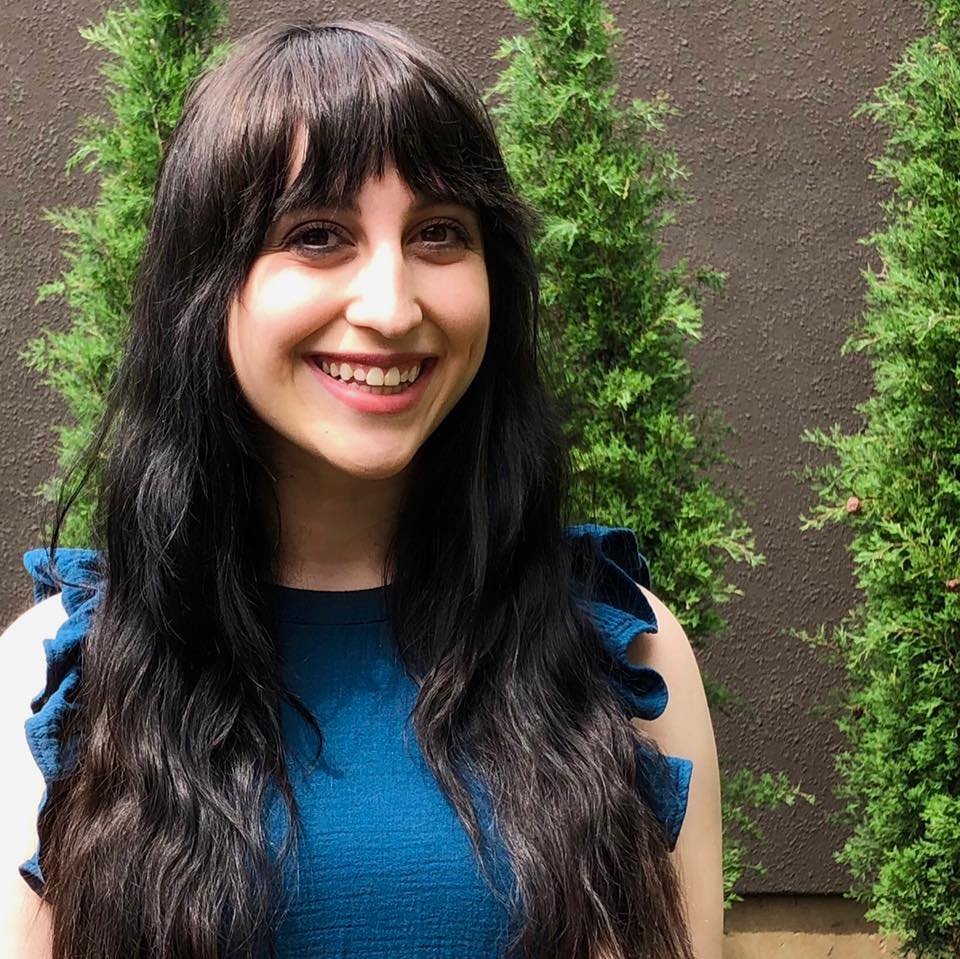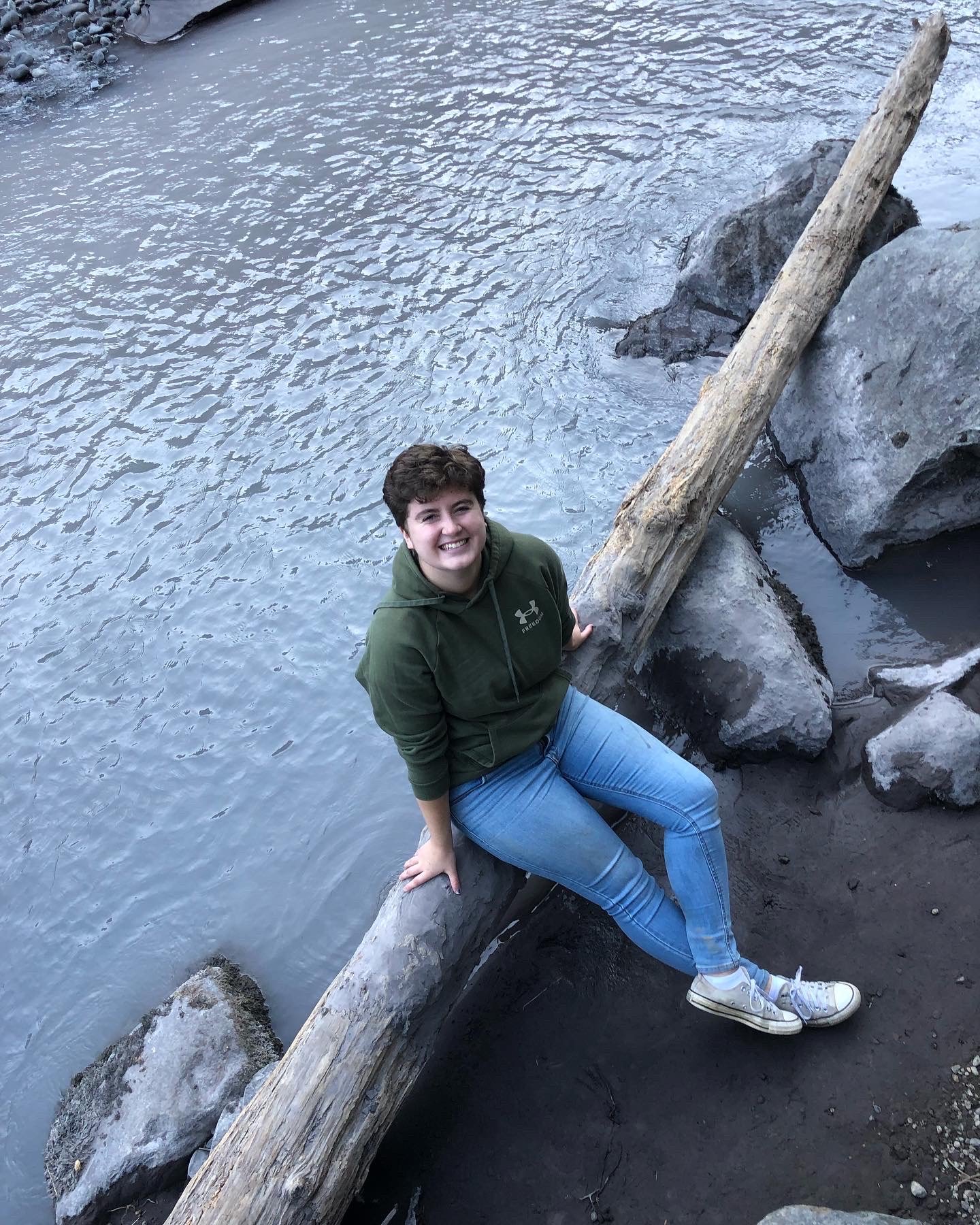The Power of Showing Up
Since 2011, Call To Action has partnered with DignityUSA to send pilgrims to World Youth Day. In the following piece, DignityUSA World Youth Day 2023 pilgrims Audrey Carroll, Brian Frank, and Cait Gardiner share their experiences and wisdom on queer visibility and representation and what it means to be church as LGBTQ+ members or allies. This is an excerpt from a joint CTA-Dignity webinar.
What does it mean to attend World Youth Day as a queer, transgender, or nonbinary Catholic or ally? DignityUSA pilgrims Audrey Carroll, Brian Frank, and Cait Gardiner hope that their pilgrimage to Lisbon, Portugal this August will prove the power of showing up—for themselves, their communities, and their church.
"We’re at such a turning point in the history of our church. We’re in the synodal process right now, there’s a lot of people looking for radical change and more inclusion," Audrey says.
An alumna of CTA's Re/Generation program, Audrey is looking forward to providing a supportive ear for her fellow pilgrims as well as others who are ready to embrace this radical change. "This is the perfect time to be having conversations about visibility and inclusion," she adds.
Since 2011, DignityUSA has organized World Youth Day pilgrimages in partnership with Call To Action and Equally Blessed. This year, Dignity is sending 10 pilgrims, including two CTA Re/Generation alumni, to the anticipated Portugal event to further LGBTQ+ representation. Dignity pilgrims will also raise awareness of the issues queer and transgender Catholics currently face in the institutional Catholic Church.
On May 23, CTA hosted Audrey, Brian, and Cait for a discussion on their World Youth Day plans and queer visibility in Catholic circles. Each pilgrim shared their personal experiences and reflections on their faith.
The pilgrims believe their presence, as well as the support they receive from allies, is necessary for creating empathy and understanding among Catholics and curtailing discrimination against members of the LGBTQ+ community.
"When you're physically in the space, you transform from a hypothetical to a reality," Cait says. "When someone is standing right in front of you and they're saying, ‘Yes, I'm openly Catholic, I believe this is my faith, and I'm also a part of the LGBTQ+ community’—that is a very real conversation. You realize the person in front of you is being impacted by either the harm or the benefit that you put out into the world."
Cait adds that this encourages people to pause, reflect, and ask themselves: "How do I make sure that I'm welcoming this person as their full self?"
Being a queer, transgender, or nonbinary Catholic is not always easy. Many feel they can't safely be queer or trans in a Catholic setting and may face abuse from family and community members. Although Pope Francis has expressed some support for queer, transgender, and nonbinary Catholics and LGBTQ+ families, Francis and the Vatican have continued to block certain sacraments and rights for members of the LGBTQ+ community. The majority of U.S. bishops, too, remain staunchly opposed to LGBTQ+ rights, inclusion, and dignity.
Still, the pilgrims remain positive and focus on the true meaning of being church.
“The church as an institution is something I differentiate from the church as Christ envisioned," Brian says. "Christ wasn’t rubbing shoulders with the temple authorities or those who held power in the Roman Empire. He was meeting with women, with minority groups, with the downtrodden. He was meeting with the everyday person. These groups make up the bulk of the church."
"The church is the everyday person spread throughout the world," he adds.
The full video of Tuesday night's webinar is archived on our Facebook page and available to view below.


